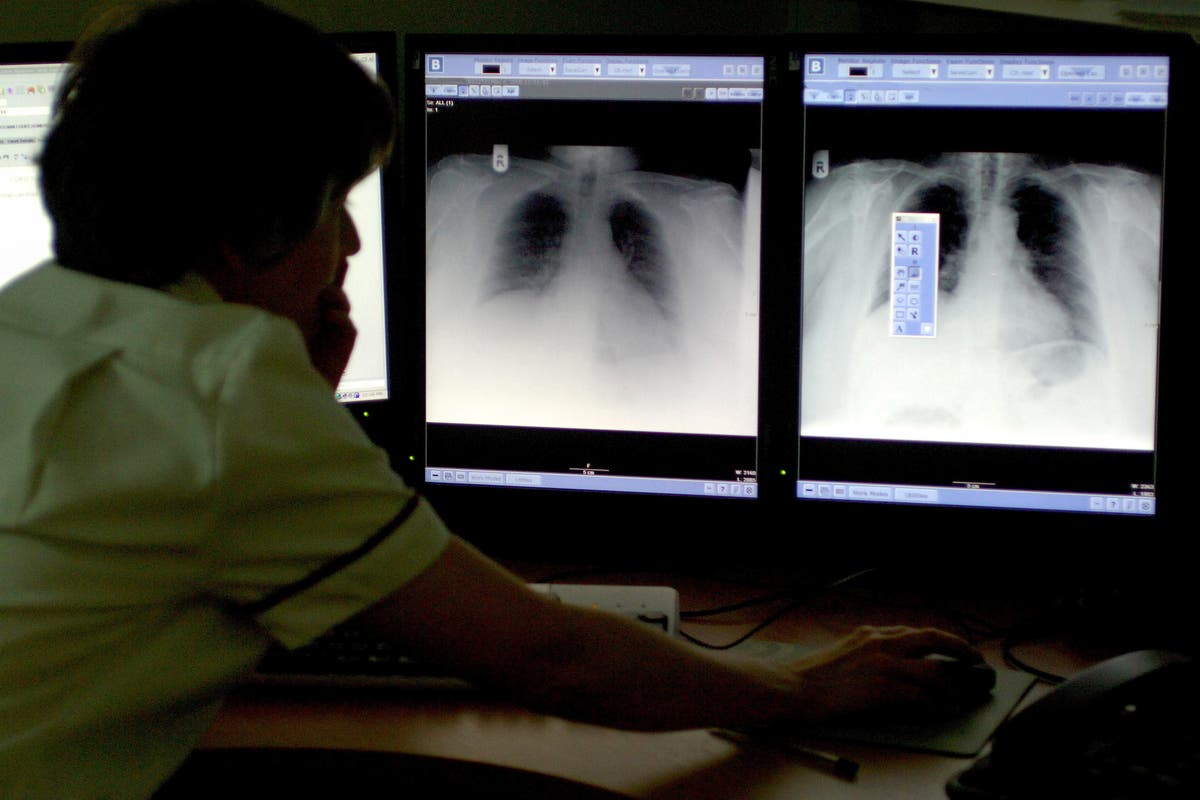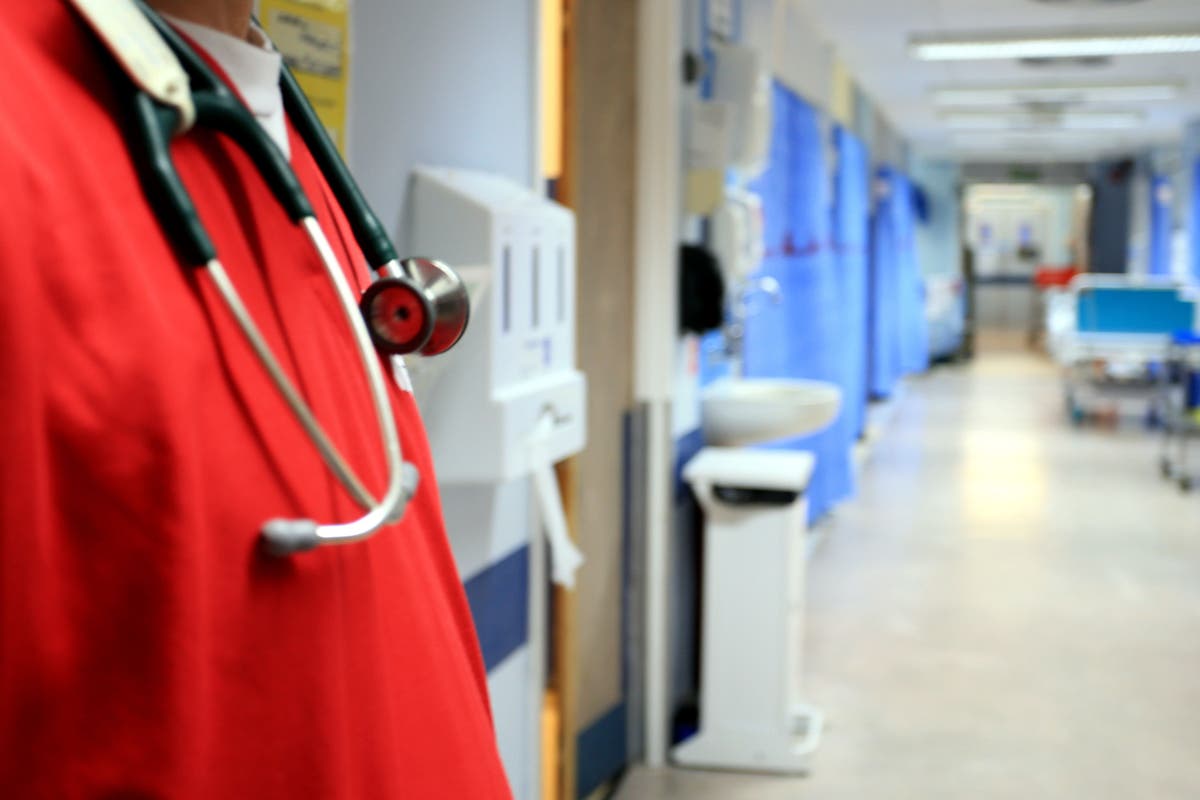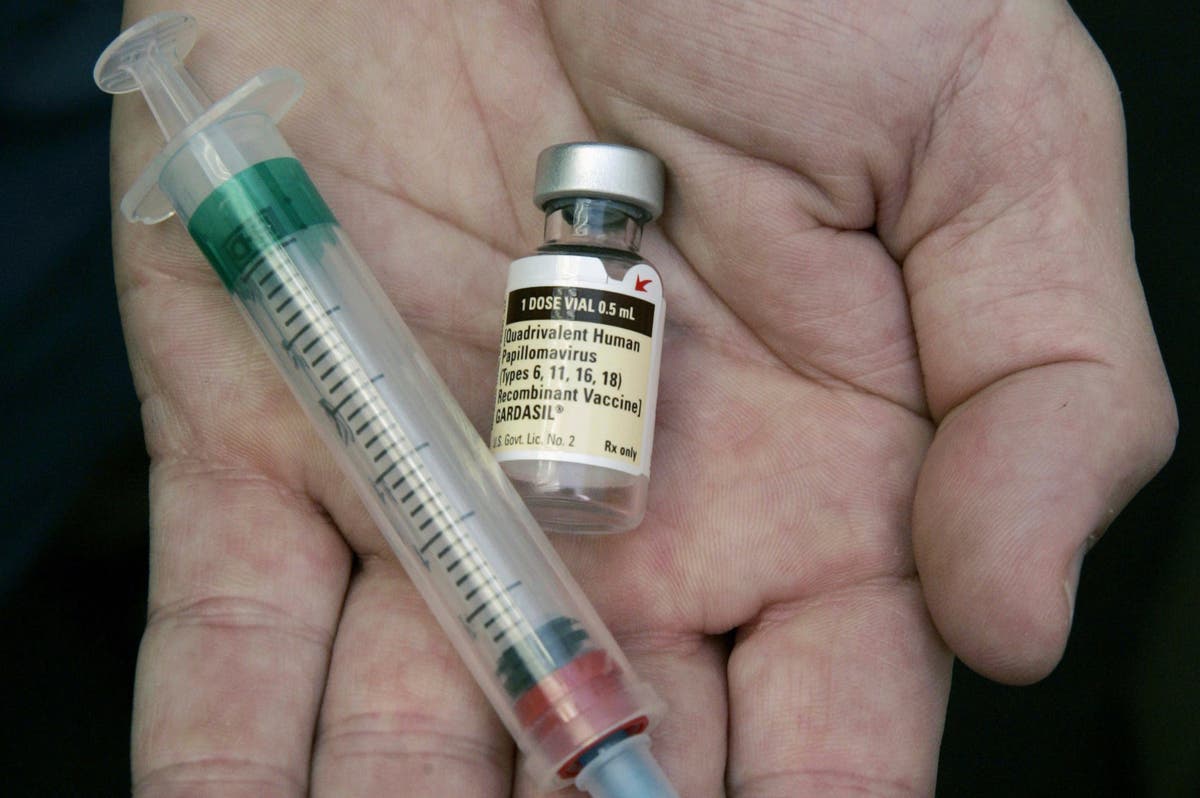
Scientists develop more accurate test for cervical cancer
The IndependentSign up for our free Health Check email to receive exclusive analysis on the week in health Get our free Health Check email Get our free Health Check email SIGN UP I would like to be emailed about offers, events and updates from The Independent. In turn, our approaches to cervical screening must adapt so that programmes continue to deliver benefit Professor Martin Widschwendter, University College London For those without cell changes, but who had human papillomavirus which causes most cases of cervical cancer, it detected 55% of people who would have cell changes in the next four years. Building new, holistic, risk-predictive screening programmes around existing, effective cervical sample collection offers real potential for cancer prevention in the future Professor Martin Widschwendter, University College London Previous studies on the new test using cervical samples have suggested accuracy in predicting women with breast or ovarian cancer. Professor Martin Widschwendter, from University College London’s department of women’s cancer, said: “Vaccination against the virus that causes cervical cancer is now widely implemented and is leading to changes in the amount and types of the virus circulating in the community. This new method is more specific and doesn’t lead to over-treatment which is good news for cervical cancer prevention and great news for everyone who needs to be screened Athena Lamnisos, Eve Appeal “Building new, holistic, risk-predictive screening programmes around existing, effective cervical sample collection offers real potential for cancer prevention in the future.” Athena Lamnisos, chief executive of the Eve Appeal charity, said: “It’s so welcome to see screening tools and predictive tests becoming more effective.
History of this topic

Beyond the vaccine: 8 additional ways to protect yourself from cervical cancer
India TV News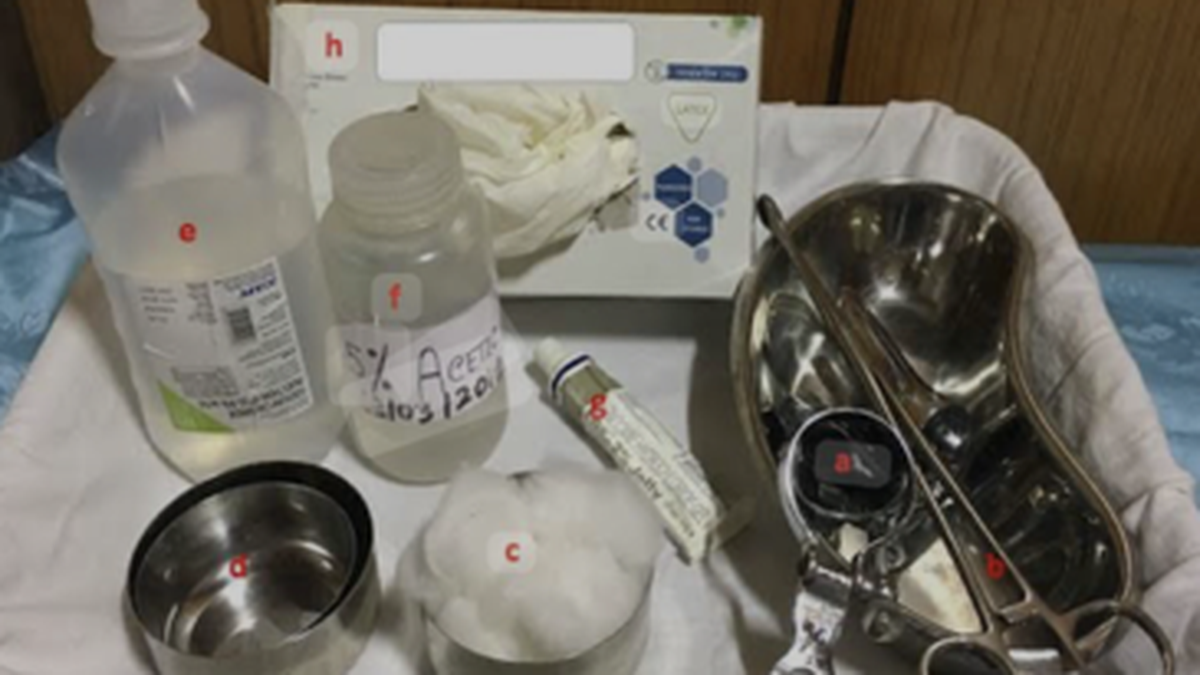
Science Quiz: On cervical cancer
The HinduUS health panel adds self-testing option for cervical cancer screening
Associated Press
Know why women around 30 to 35 should do timely examinations to avoid cervical cancer
India TV News
Women want DIY smear test option, study finds
The Telegraph
Understanding Cervical Cancer: Causes, Risks, and Prevention | Health Live
ABP News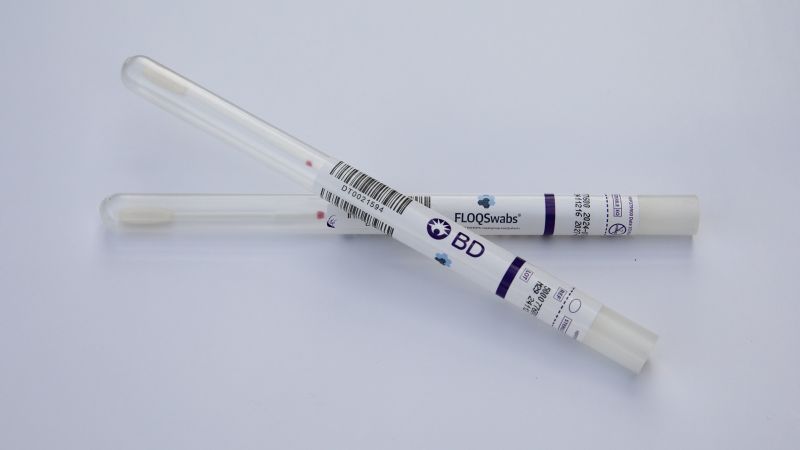
Why your next trip to the gyno might be different: There’s an alternative to Pap smears
CNN
Why your next trip to the gyno might be different: There’s an alternative to Pap smears
CNN
A shot in the arm
New Indian Express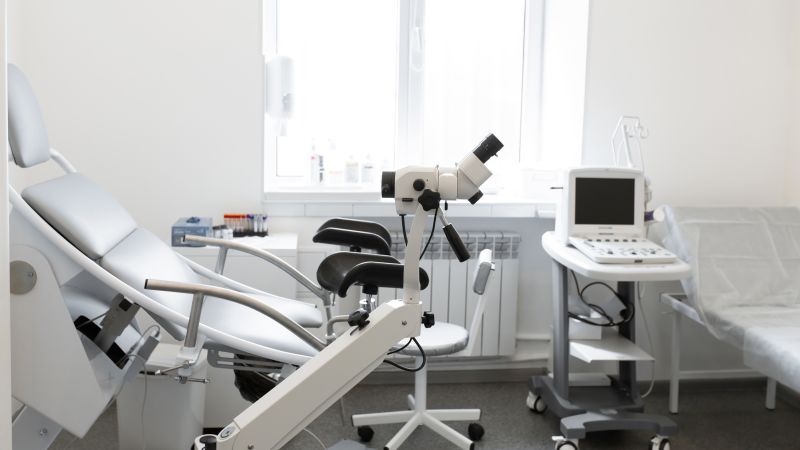
Opinion: Finally, a cervical cancer screening that allows women more autonomy
CNN
HPV screening may be added in national programme
Hindustan Times
Keep it wholesome: On shaping a national cervical cancer control programme
The Hindu
Understanding cervical cancer and what is the HPV Vaccine
Hindustan Times
Looking away from Poonam Pandey’s gimmicks: How technology can help reduce cervical cancer deaths in India
Hindustan Times
World Cancer Day 2024: Prevention tips to combat Cervical Cancer
India TV NewsOver 8,500 new cases of cervical cancer in Tamil Nadu in 2023, says Centre
The Hindu
The importance of periodic testing for Human Papillomavirus
The Hindu
5 convincing reasons to make routine Cervical screenings a priority
India TV News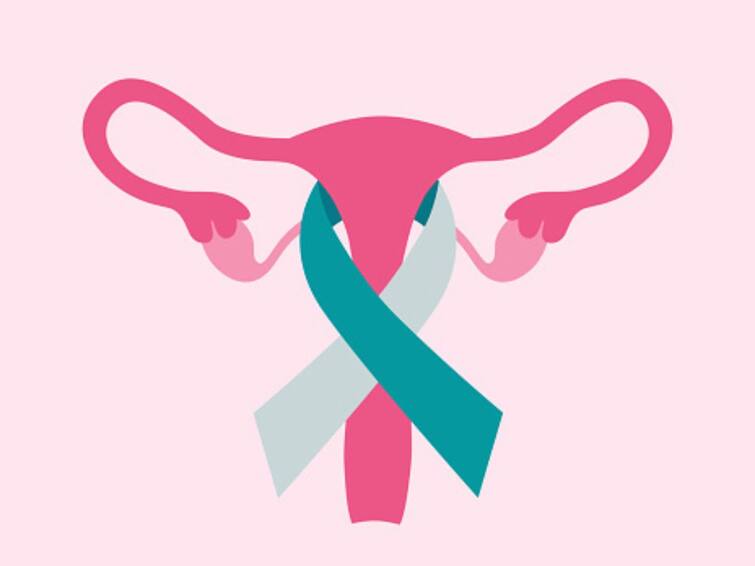
Cervical Cancer Deaths Can Be Reduced By Over 63 Per Cent Through Primary HPV Test Every 5 Years: Research
ABP News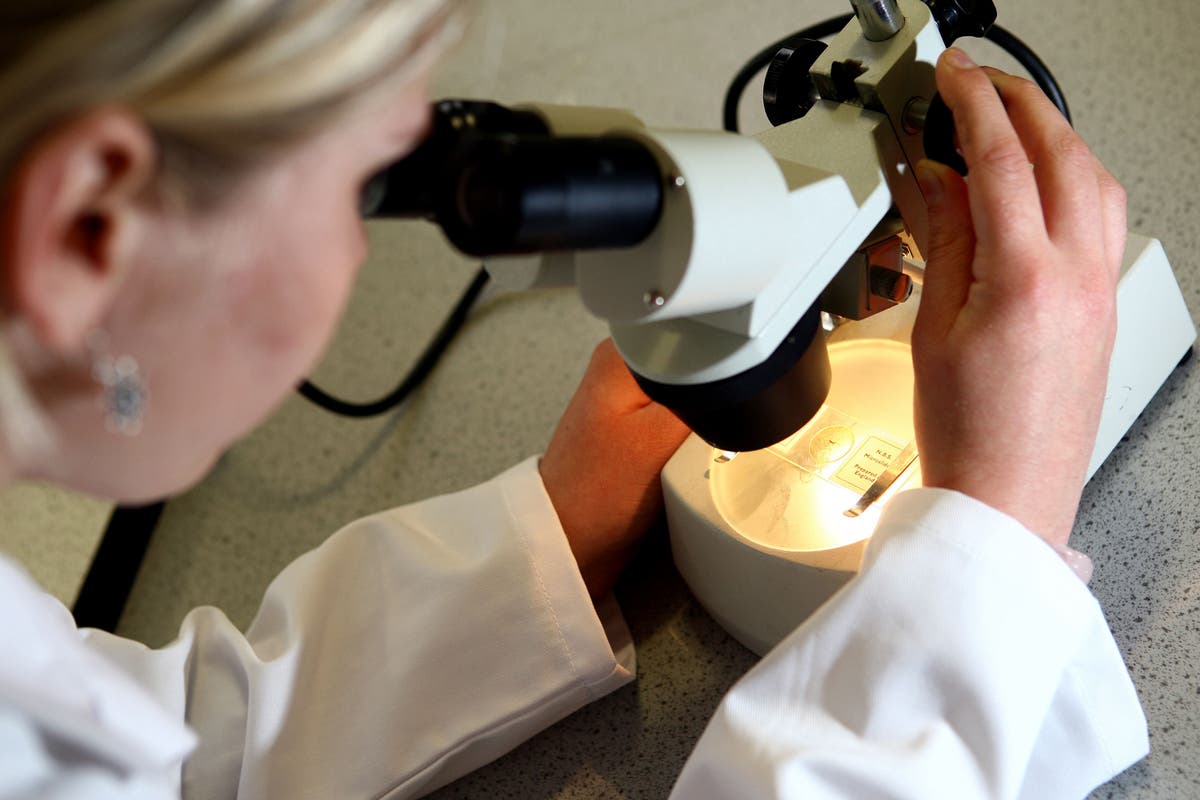
Monitoring abnormal cells ‘could increase cervical cancer risk in long term’
The Independent
What you need to know about new research into treating cervical cancer
The IndependentMary Papanicolaou, whose decades of daily tests laid the basis of cervical screening
ABC
Cervical cancer self-test kits will automatically be sent to all women turning 30
NL Times
New low-cost test can detect cervical cancer in 45 mins
The Hindu
Large-scale cervical cancer event enters Guinness Book
Deccan Chronicle
Fertility: Reproductive health tests that men, women should opt for without fail
Hindustan Times)
Cervical Cancer: What are the symptoms and remedies
Firstpost
Mother with terminal cervical cancer says ‘negative’ smear test three years before diagnosis showed signs
The Independent
Cervical cancer: Woman diagnosed with cancer after thinking it was endometriosis
The Independent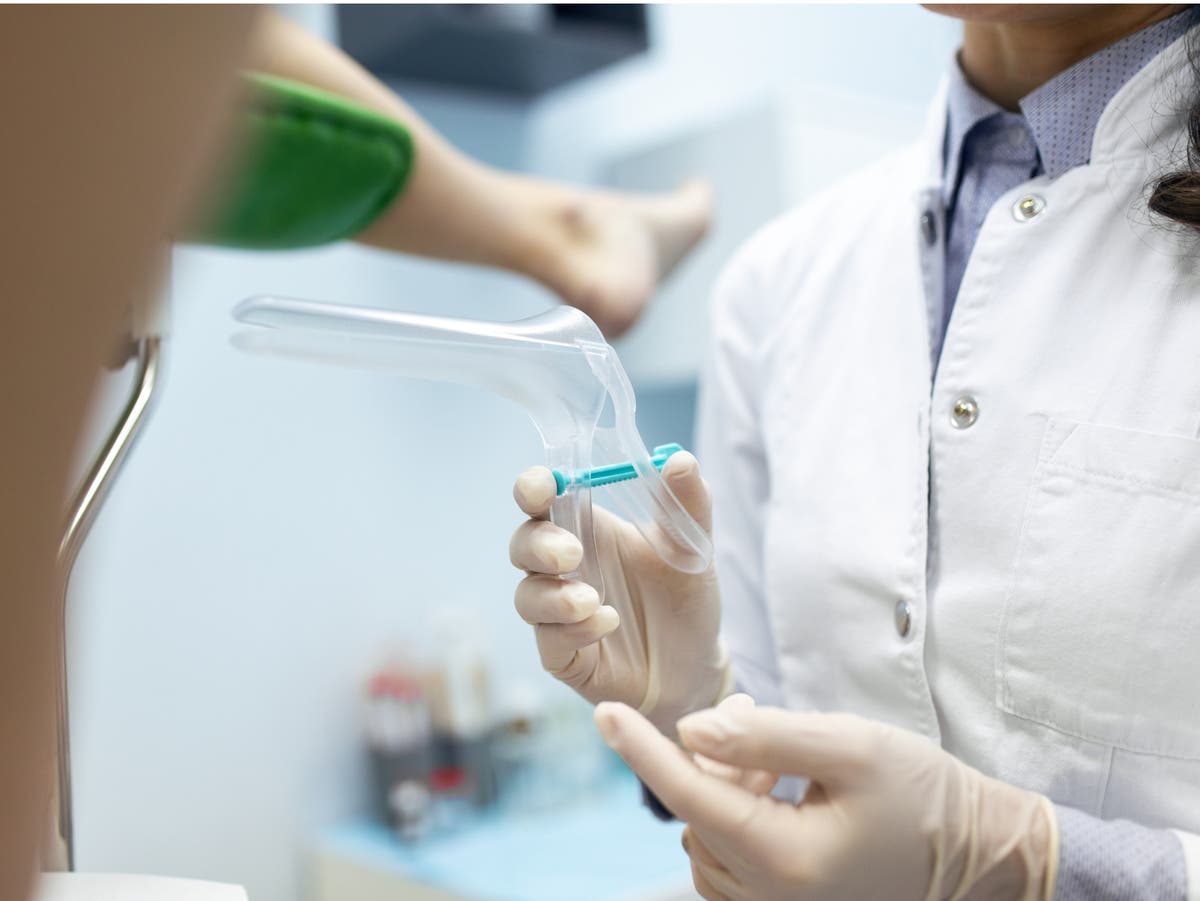
Cervical cancer symptoms and signs from Jo’s Cervical Cancer Trust
The Independent
10 Facts You Need To Know About Human Papillomavirus Infection (HPV)
News 18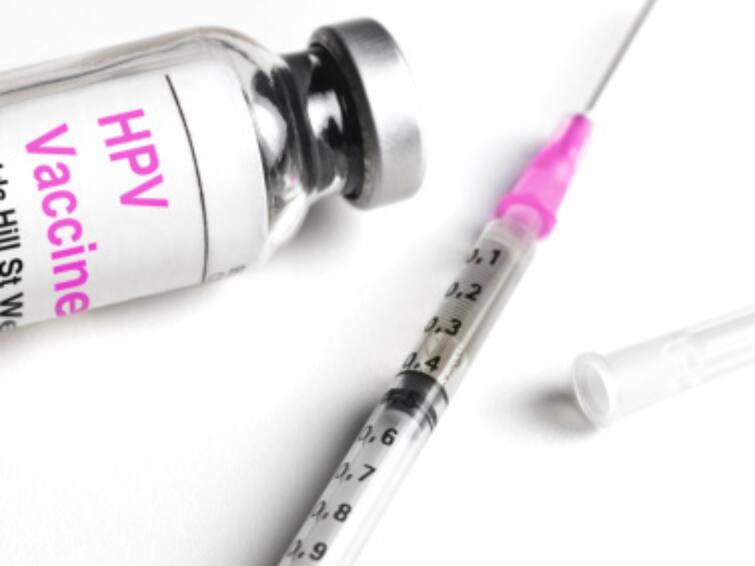
All That You Need To Know About HPV
ABP News
Cervical Health Awareness Month 2023: All You Need To Know
News 18
How to deal with cervical cancer in time
Hindustan Times
Cervical cancer dramatically rising in women over 30; expert on top reasons
Hindustan Times
Why cervical cancer is rising among young women
Live Mint
Majority of MP's signal support for cervical cancer self-test proposal
NL Times
How to reduce the burden of cervical cancer in India
Hindustan Times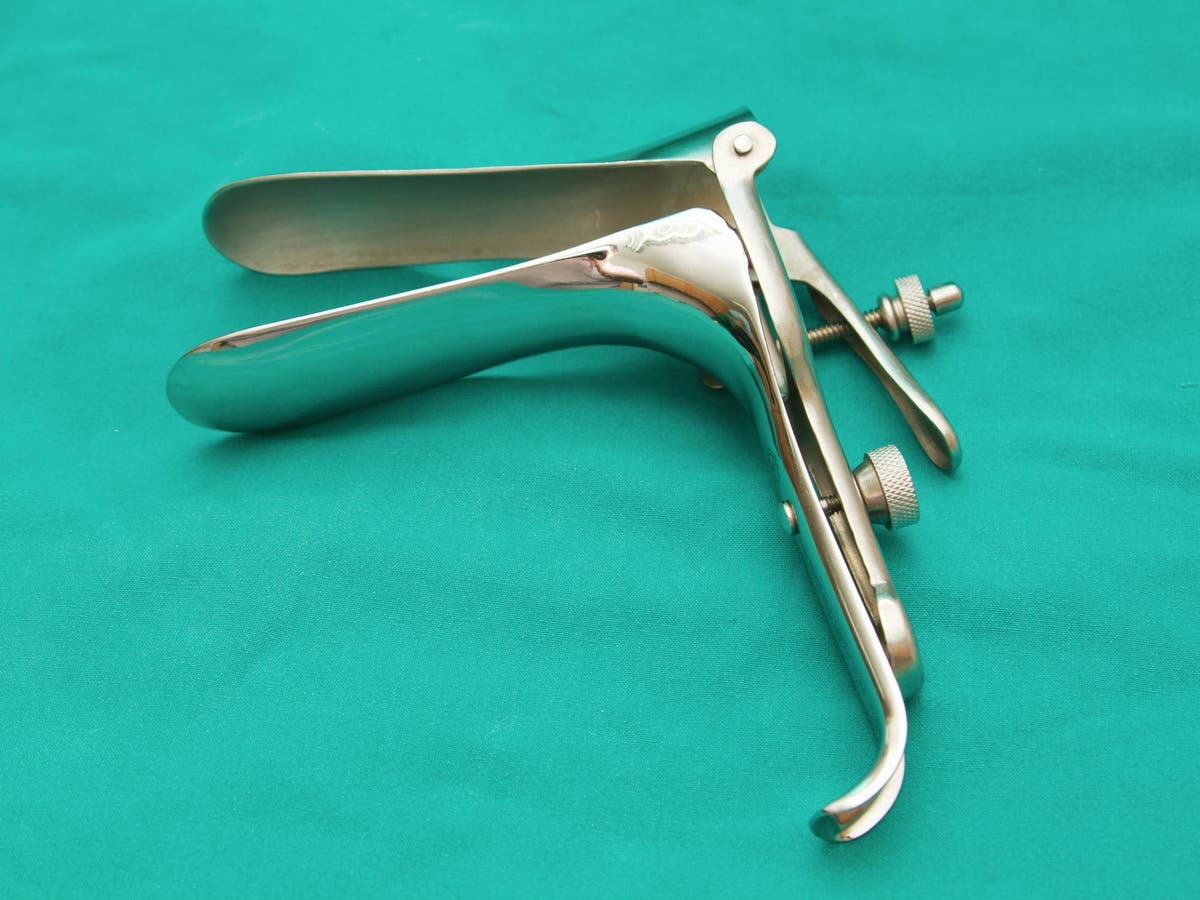
How enduring use of 150-year-old speculum puts women off smear tests
The Independent
Cervical Screening Awareness Week 2022: What happens during a smear test
The Independent
Cervical screening every five years ‘prevents as many cancers as every three’
The Independent
Cervical cancer: 6 lifestyle changes to prevent the disease
Hindustan Times
Women diagnosed with cervical cell changes feel ‘ashamed’ and ‘isolated’
The Independent
It is time for global action against cervical cancer
Al Jazeera
Plan aims to eliminate cervical cancer
China Daily
Groundbreaking initiative helping women with trauma gets over 90% of female prisoners to have smear test
The Independent
‘Crass’ and ‘pervy’ cervical screening slogan #DropYourPants dropped after backlash
The Independent
US cervical cancers fall but other sex-related cancers rise
Associated Press
It’s not a home smear test trial – it’s an HPV test. Here’s why that matters
The IndependentDiscover Related

